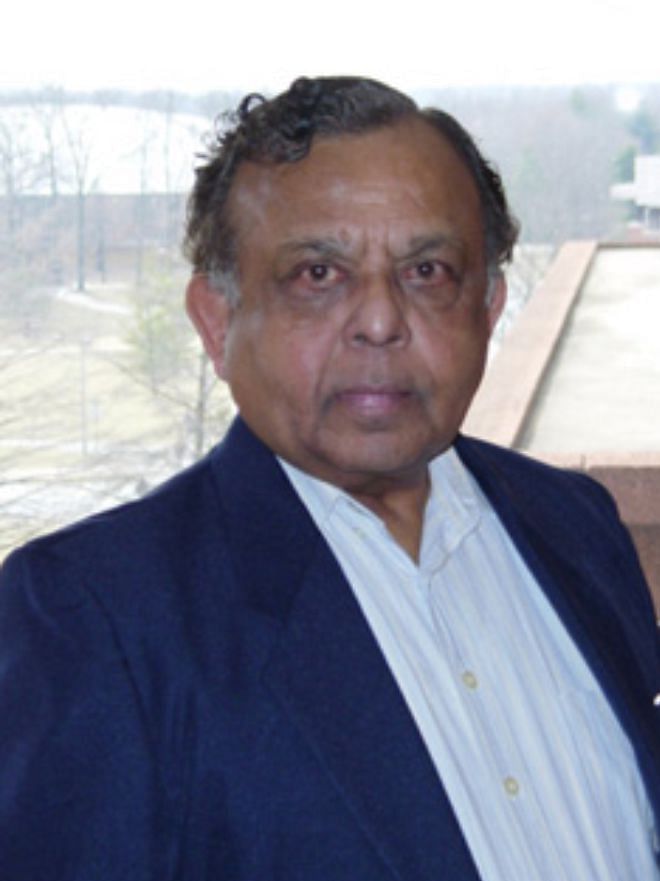Professor Bary Malik: A man with a brilliant mind

PROFESSOR F. Bary Malik, an internationally renowned physicist, died on July 4 at Istanbul airport while he was on his way back to the United States with his wife and daughter. His death struck me in a deeply personal sense because I have known him as a teacher, a mentor, a well-wisher and a research collaborator for almost four decades. There is, however, solace in noting that he died without illness and without pain; he simply ran out of time. His death is a reminder of the steady procession of the familiar icons who molded our lives but are now slipping into the great oblivion.
Dr. Malik had an illustrious career as a researcher and teacher. After completing B.Sc. (1953) and M.Sc. (1955) from Calcutta University and Dhaka University, respectively, he obtained the doctorate degree in theoretical physics from Göttingen University (Germany) in 1958 under the supervision of Nobel Laureate Professor Werner Heisenberg.
He held academic positions at several prestigious academic institutions in the United States: post-doctoral fellow at Princeton, assistant professor at Yale and professor at Indiana University (Bloomington). In 1980 he joined Southern Illinois University at Carbondale as professor and Chair of the Physics Department. He has been either a consultant or visiting scholar or professor at Lawrence Berkeley Laboratory (California), Oak Ridge National Laboratory (Tennessee), CEN Saclay (France), Kapitza Institute (Russia), CERN (Geneva), ICTP (Trieste), NASA and many universities in Germany, Switzerland, Sweden, Finland, Hungary, China and Australia. At the time of his death, he was Professor Emeritus and Distinguished Scholar of Physics at Southern Illinois University at Carbondale. He is a fellow of the Bangladesh Academy of Sciences.
Dr. Malik's research interest is distinctly interdisciplinary. He published over 200 research papers in areas of mathematical, theoretical atomic, nuclear and solid state physics.
He was a creative and compassionate man. He mentored many students and saw them through their doctoral study, only to have them continue to work with him after graduation. His approach to work with colleagues and students alike was guided by calm rationality, and on the values and recognition of mutual dependence.
He was involved in promoting physics in developing countries, particularly in Bangladesh, since the early part of his career. Outside of academia, he was active in promoting civil and human rights and academic freedom around the world. He played an active role in mobilising public opinion of the Americans and lobbied US Congressmen to support Bangladesh's Liberation War.
In recognition of “his extensive contributions to developing physics and inspiring physicists in emerging nations through insightful personal collaboration, continuing education of graduate students, creation of research centers and groups in developing countries,” he was awarded the John Wheatley Award in 2007 by The American Physical Society.
Besides his wife Akemi and daughter Akira, Dr. Malik left behind a number of manuscripts and works in progress, some with the writer. He will be remembered by his friends, colleagues and students as a person with a brilliant mind.
The writer is Professor of Physics at Fordham University, New York.

 For all latest news, follow The Daily Star's Google News channel.
For all latest news, follow The Daily Star's Google News channel. 



Comments